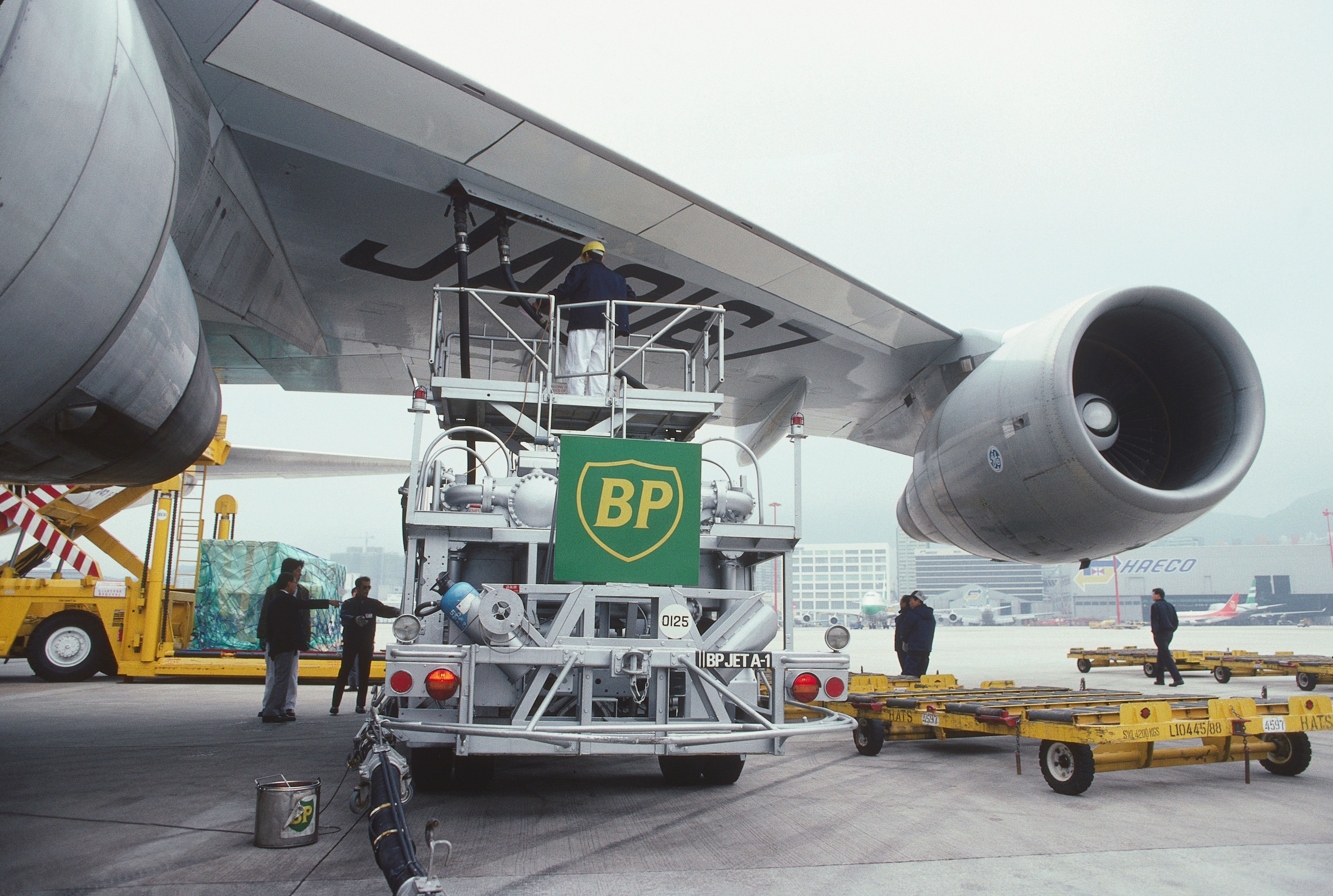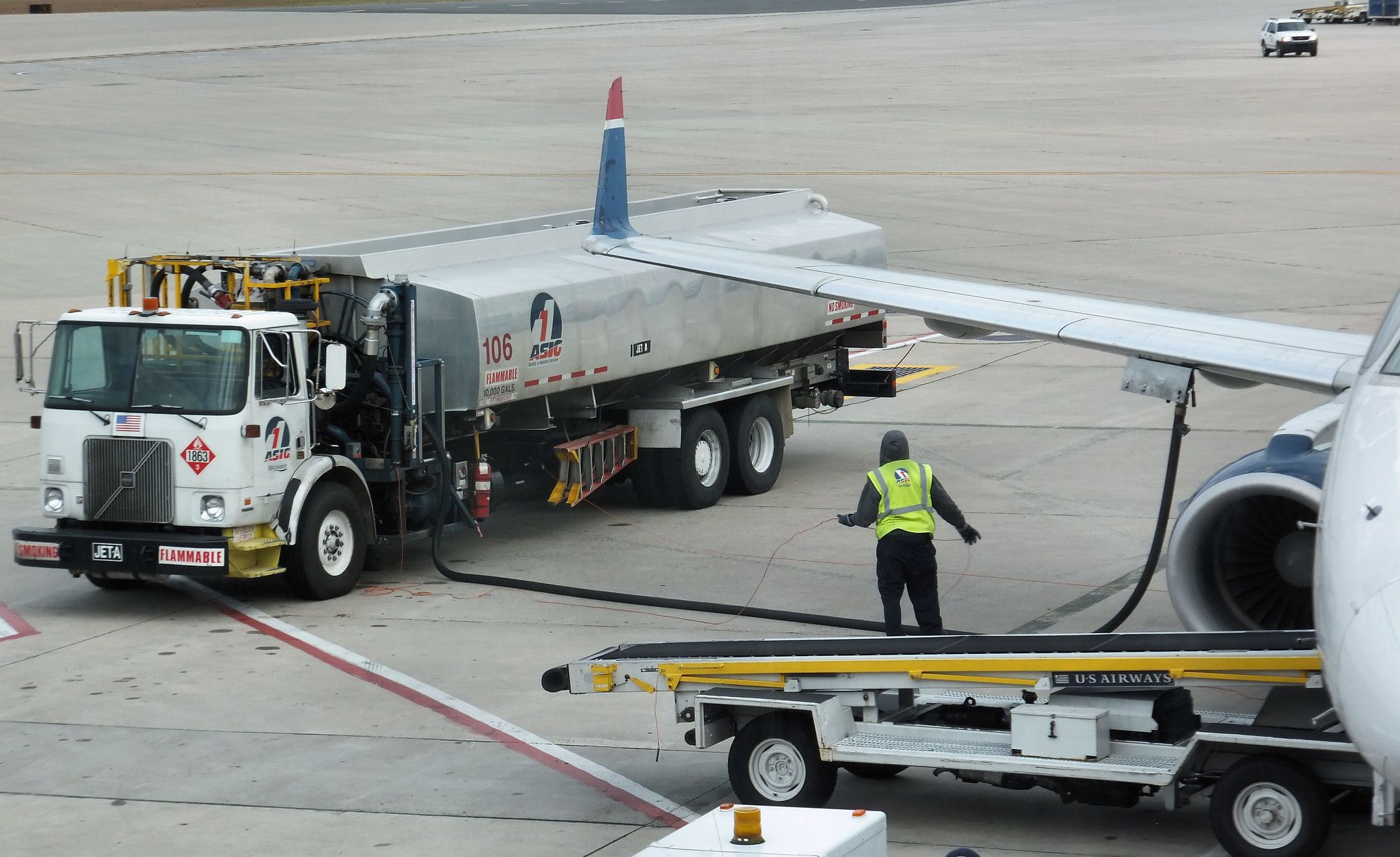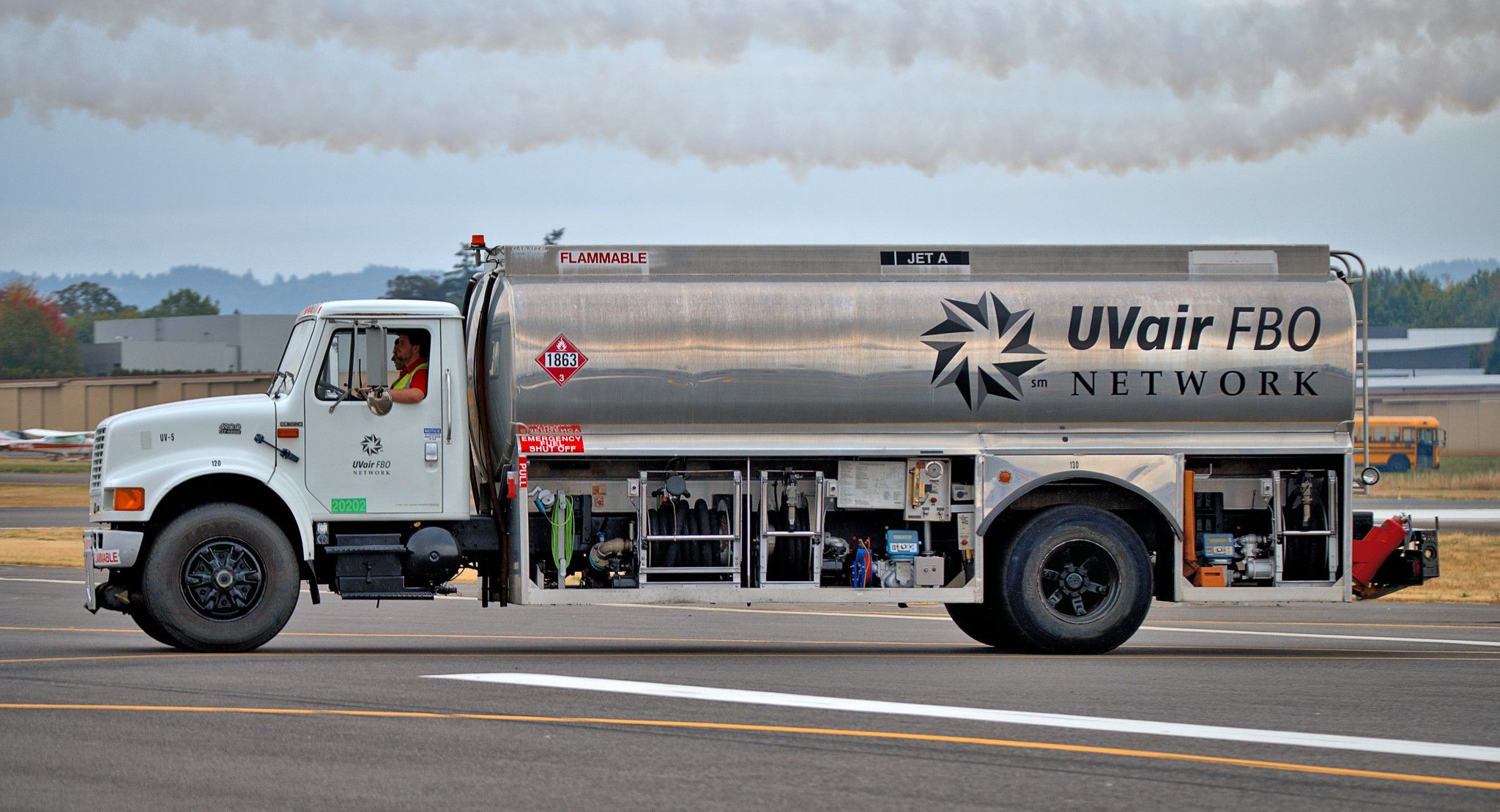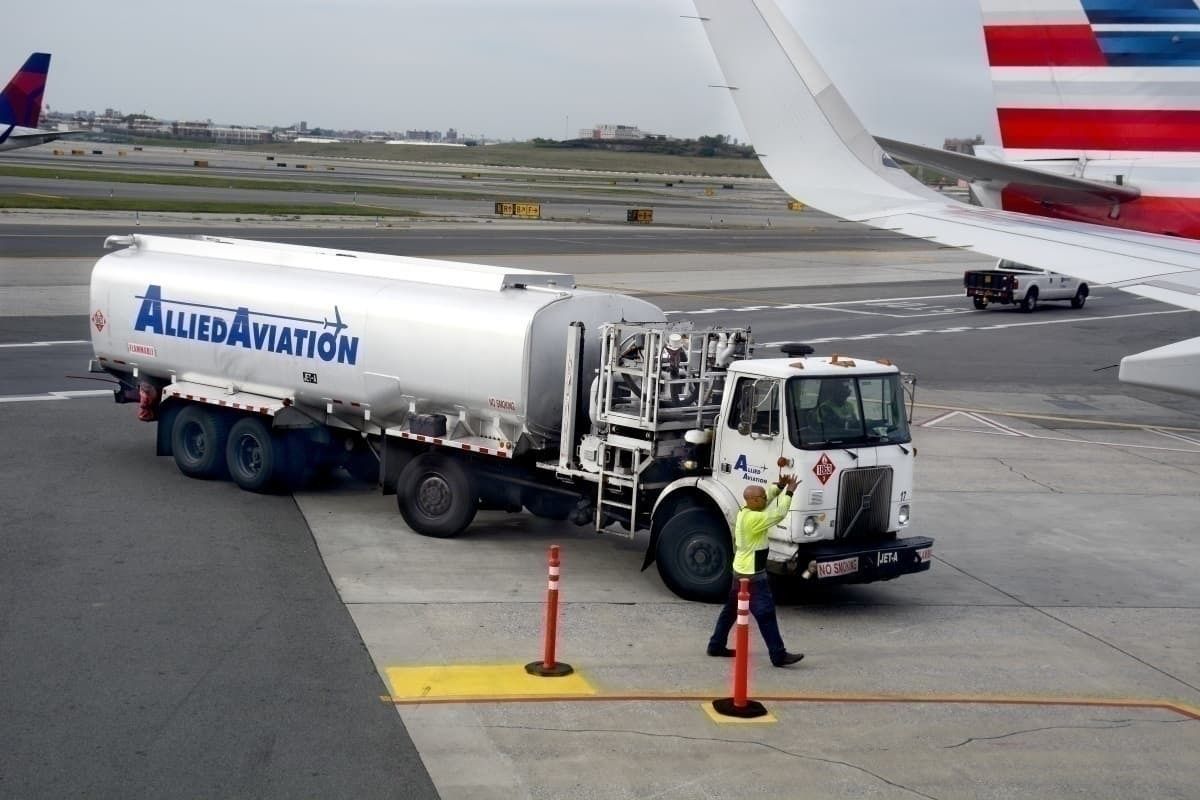While jet fuel prices do not vary as often as gasoline prices, fluctuations occur based on seasonal demand. Irrespective of the product type (jet fuel or gasoline), they all come from the same source: crude oil. The variation in the international price of crude oil eventually impacts all kinds of usable fuel.
Since jet fuel is not very flammable under normal temperatures, it must be pressurized and heated to allow atomization before igniting it. In the high-temperature vapor form, jet fuel becomes highly flammable.
How is jet fuel different from gasoline?
Jet fuel powers jet engines which are designed for high-temperature, high-speed missions. As such, jet fuel generally comprises performance-enhancing additives. These additives may include metal deactivators, static dissipaters, and gum inhibitors.
The jet fuel refining process derives large strings of hydrocarbon compounds, allowing its freezing point to persist around -58 degrees F (-50 degrees C). The octane rating of jet fuel is also significantly lower than automobile gasoline to prevent unwanted detonation due to heat or sparks.
Types of aviation fuel
There are different types of aviation fuels used in the market. AVGAS UL91 is an unleaded piston engine fuel used in general aviation aircraft. The AVGAS 100LL is a much purer form generally used for aerobatics aircraft. The JET A-1 fuel, the most common, is used for turbine engines.
A military-grade JET F-34 fuel is usually used in military aircraft and helicopters. Different types of aviation fuel vary in price due to additives and performance parameters. While some classes are specific to the size and type of the engine, others provide optimized performance in line with the flight requirements.
Price variation
Like automobile fuel, price variation in jet fuel generally occurs due to demand. For example, during thanksgiving weekend in the United States, the gasoline demand increases since more people travel long distances by road. As a result of increased demand, the price of gasoline goes up.
Unlike gasoline prices, demand for air travel changes by season, and hence the price variation is typically seasonal. Summer air travel generally drives jet fuel prices higher. With a forecasted increase in price, airlines tend to hedge against the fluctuating price of crude oil. For example, if an airline believes that the cost of crude oil (and hence jet fuel) will increase in the next quarter, they purchase the required fuel at the current price.
Some airlines also purchase call options which require them to purchase jet fuel at a specific price before a specific date. Such methods allow airlines to have better control over expenses and net profits.
Unforeseen events also cause a variation in the price of jet fuel. While the start of the COVID-19 pandemic brought the price of crude oil to its lowest, the ongoing Russia-Ukraine conflict has enforced an exponential hike. The average price of JET A fuel in the United States is $135 per barrel (159 liters). That is nearly a 50% increase compared to $90 per barrel at the beginning of 2022.
What do you think about jet fuel prices and variations? Tell us in the comments section.




